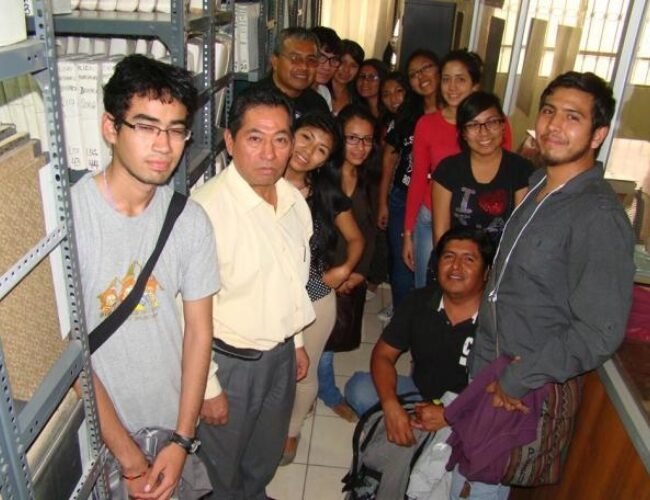Parochial Books and Matrimonial Records have proved to be important assets when it comes to genealogies, as well as demographic studies, epidemics and migration. The Diocese of Huacho holds records ranging from 1900 to 1940, which are spread across parishes in rural areas, inaccessible and neglected.

The Diocese of Huacho, Perú, covers the provinces of Sings, Huaral, Huaura, Barranca, Oyon and Cajatambo, North of Lima, and counts a population of over half a million inhabitants. The parochial records are crucial as they are, by law, a way to prove citizenship. The project aimed to digitise the records dated from 1900 to 1940 from these parishes. Before 1940, there was no centralised register of births, marriages and deaths. Individual records are dispersed over 2,500 locations.
The records were until very recently stored in the original parish. When they arrived at the Diocese of Huacho, they were frail from heavy usage and poor conditions of conservation. Digitisation is the only way to allow scholars to study the materials.
The project digitised 234 parochial books dated 1900-1940. Moreover, the project digitised the series of parochial statistics (193 files) dating from the 17th century. All material is located at the Archive of the Bishopric of Huacho. The staff at the diocese were trained in digitisation. The project held two seminars, in which over 100 local archive representatives participated; these have improved awareness on the importance of preserving documentary heritage.
